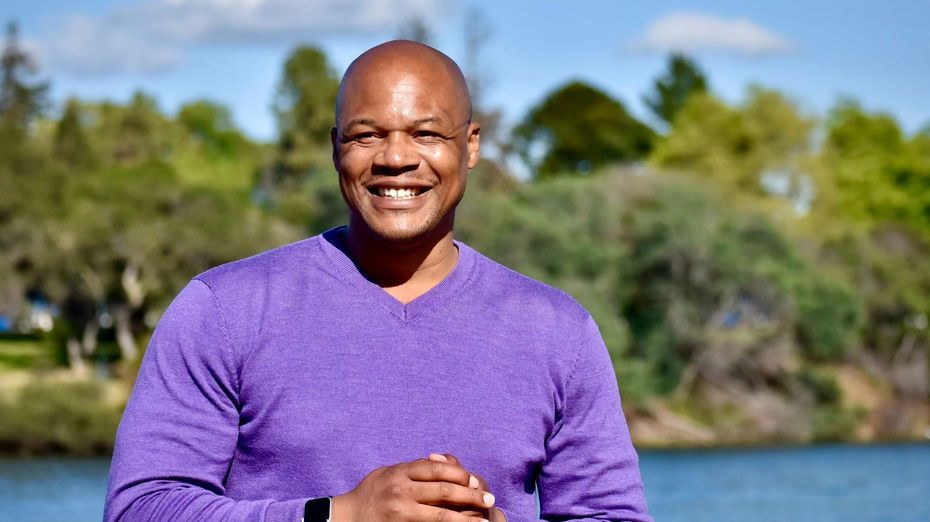
February 2022
Anthony Ammons
01
Revision and Repower
“Everyone deserves a chance to earn a second chance.” Anthony Ammons emphasizes the word “earn.” This subtle choice speaks volumes.
Trauma impacts journey.
Ammons’ childhood was “chaotic” and “unstable”–rife with abuse, abandonment, trauma, neglect, and gang violence. “I was abandoned emotionally and physically,” he reflected. “My mother was so connected to the drugs that she was disconnected from me. My father was so connected to the streets–and then in prison–that he wasn’t there for me.” When drugs and prison took his parents, he turned to gangs in search of family. Instead, he found competition to be the toughest proved through committing violent acts. At age 14, he officially joined a gang: “Fighting, selling drugs, and carrying guns… that is what I did because I did not have the self-worth a lot of young people have.” Witnessing two murders between age eight and twelve, Ammons realized early on, “This is my lifestyle now. I have to be tough, I have to fight. Growing up in my neighborhood, violence is respect.”
Losing himself, he murdered an innocent individual in 2001 and went to prison at 17-years-old. His sentence: 102 years to life. When he got there, he wanted to be “the toughest Blood (Los Angeles gang) you ever saw. However, deep down inside, all I wanted was to hug my mom.” He was scared to death, but felt the need to show his strength and masculinity.
Finding his identity was difficult. He was unsure who he was without the validation from others. Little by little, Ammons began to turn his life around. He started reading self- help books while his friend taught him self-worth. He was challenged with an internal conflict, “If I leave this gang, what is my identity? Who am I?” In 2007, he earned his high school diploma. This was a big moment for him, moving toward finding himself. From there, he decided to petition for a shorter sentence and, after several years of writing letters, Judge Jerry Brown revised his sentence to 20 years. During his 20 years in prison, he immersed in self-reflection and concluded that, though he “didn’t deserve to get out, everyone deserves a chance to earn a second chance.”
In March of 2021, Anthony was released from prison and joined a men’s transitional home, so he could slowly reintegrate into society. Looking back, Ammons realized that he had not understood self-worth, love, or even basic emotions: “I didn’t know how to speak my feelings or open up. I didn’t even know what a feeling was.” He commented that youth often struggle and act out when unsure how to identify and cope with their emotions. He now knows and recognizes what he needed back then: help. Youth, he contends, are not being provided with the resources, such as mental health treatments, afterschool programs, rehabilitation services to help them grow emotionally.
After getting back on his feet, Anthony started working with kids from similar contexts. He hopes to spark a ripple effect, so kids like his former self can navigate a new path. He currently serves as the Secretary and Public Safety Advisor in the District of Oakland for Assembly Member Mia Bonta. As someone who has experienced the criminal justice system, Ammons aims to advocate and be a voice for those “on the inside.” He hopes to continue this vital work. His next step: earning a college degree in Public Policy.
**On a personal note, Anthony opened my eyes to the injustice of the criminal justice system; he continues to inspire people outside the criminal justice system to support and learn about it. I am beyond grateful to him for inspiring me to launch Second Chance.**

Second
Chance







